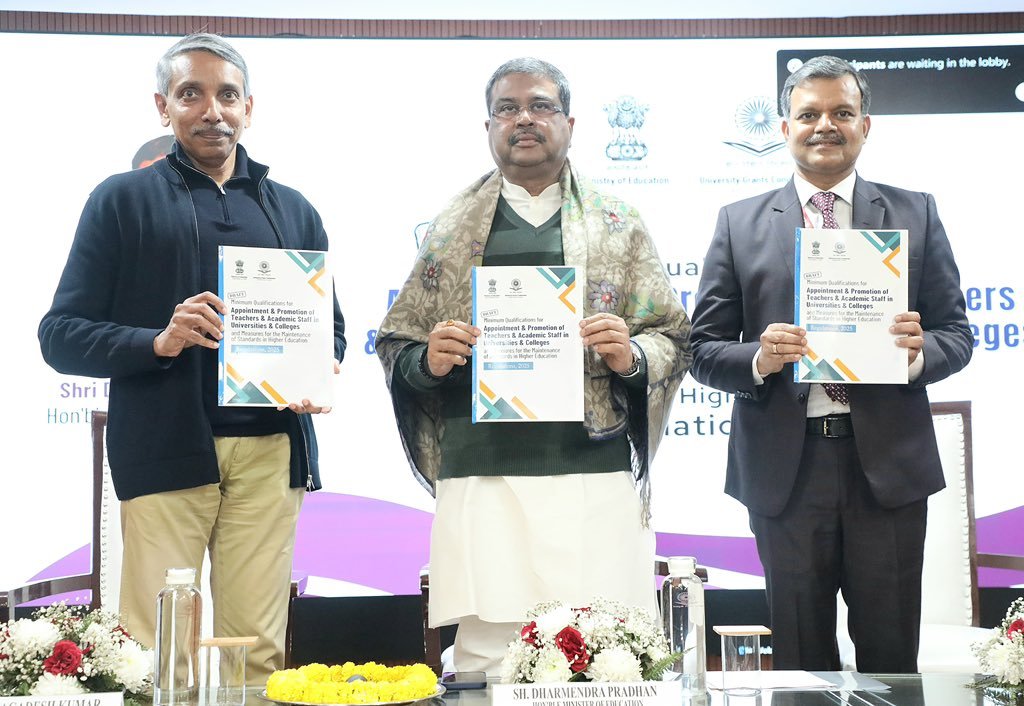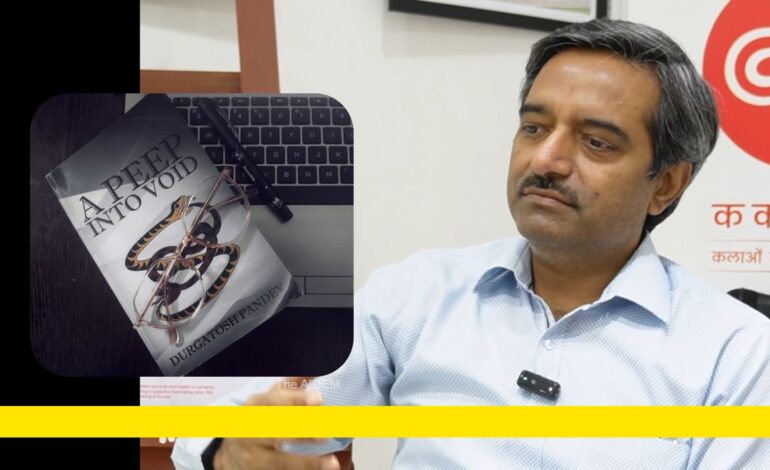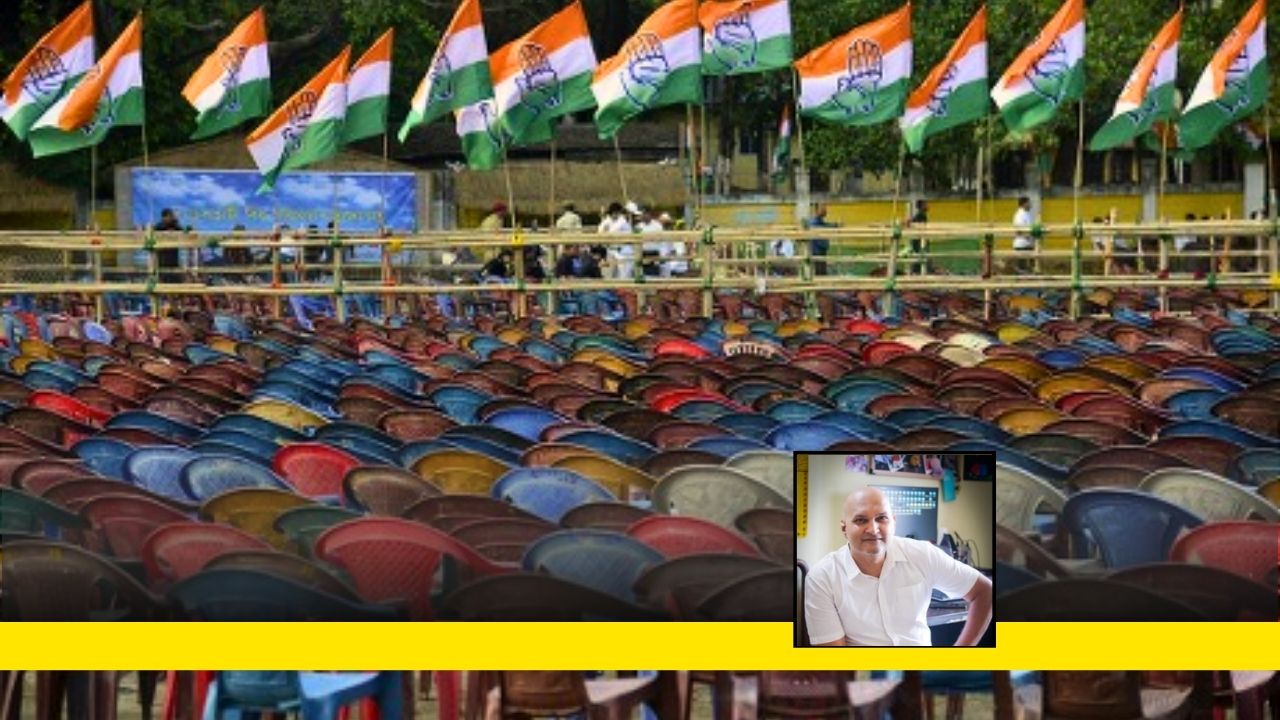
Whether it’s the raging debates surrounding Harvard University in the United States or the quiet erosion of university independence in India, one truth remains universal: a vibrant democracy thrives on the autonomy of its institutions.
At the core of academic freedom lies the unquestionable right of universities and their respective governments to shape their educational destiny. Yet today, under the carefully worded guise of “reform,” the Central government appears not to be strengthening this principle, but rather systematically dismantling it. We are witnessing progress, but a calculated centralisation of control, where autonomy is sacrificed at the altar of uniformity.

The recent Lok Sabha reply by the Ministry of Education to Unstarred Question No. 2698 (March 17, 2025), raised by Member of Parliament Praniti Sushilkumar Shinde, exposes this trend in no uncertain terms. The answer, couched in bureaucratic niceties and vague affirmations, is a glaring reflection of the Centre’s unwillingness to respect the federal structure and its growing appetite for centralised control over higher education.
The issue is not only about who appoints Vice-Chancellors or how new regulations are drafted; it concerns who gets to determine the future of Indian academia and, more importantly, who does not.
Diluting Federalism in the Name of Reform
The University Grants Commission (UGC) was envisioned as a neutral, academic body focused on ensuring standards in higher education. Over the decades, it has slowly evolved into a tool for enforcing Central directives, while the government claims in its reply that the draft of UGC Regulations 2025 “reinforces India’s federal structure.”
But actions speak louder than words. The proposed changes, particularly the mechanism for the appointment of Vice-Chancellors, strip away the powers of state governments and universities, handing them over to Centrally dominated statutory bodies. By proposing that Vice-Chancellors be selected by a “Search-cum-Selection Committee” constituted by so-called “impartial statutory bodies,” the Centre has found a backdoor to insert its preferences into university leadership.
This is a direct attack on the constitutional mandate that education is a subject on the Concurrent List, where both the Centre and States must have a say. No clear explanation is given on who nominates these statutory bodies, how they are formed, or how “impartiality” is ensured. This intentional ambiguity raises serious concerns about political appointments disguised as administrative reforms.
In practice, this allows the Union Government to bypass state government recommendations, ignore the needs of regional academic ecosystems, and plant ideologically aligned individuals at the helm of universities. What is being presented as reform is, in reality, a clear case of regulatory capture.

Through the back door, this proposal to allow non-academics to become Vice-Chancellors is a case in point. The government claims this will bring “diverse expertise” and “leadership excellence.” Unfortunately, in reality, this opens the gates for bureaucrats, ex-police officers, retired IAS officers, and politically affiliated persons to take charge of academic institutions, many of whom may have little understanding of research, and academic freedom.
Apart from the protest of noted academicians against the Draft UGC Regulations, the government’s narrative also ignores the fears raised by state governments and teachers’ associations, who have warned that this regulation will stifle dissent, curtail diversity in academic thought, and weaken institutional independence.
Moreover, the claim that “more than 15,000 suggestions” have been received is a convenient shield. The government has offered no transparency on which suggestions were accepted, which were discarded, and what changes were made as a result. This is consultation in name only, not in spirit.

The 2025 draft regulations make this transformation disturbingly complete, even though the Lok Sabha reply praises the regulations for prioritising research and aligning with “global standards,” nowhere does it address the central issue that the UGC is no longer functioning as an independent academic regulator but as an extension of the political establishment. Then how can it ensure the praised “global standard”?
Far-Right Agenda Behind the Draft Regulations
The larger picture is deeply alarming. This is not merely another regulatory tweak but a calculated move in a broader, systematic campaign to weaponise education, transforming universities into factories of ideological conformity and reducing state governments to mute spectators in a domain where they once held constitutional authority.
The UGC’s draft regulations are draped in the technocratic jargon of “excellence” and “global standards,” but their real objective is unmistakable: to tighten the Centre’s grip on academic autonomy, erode federalism, and stealthily impose a Far-Right cultural vision on India’s education system.
This centralising move blatantly contradicts the National Education Policy 2020, which promised decentralisation and institutional flexibility. Instead of empowering universities, the government is exploiting the NEP’s rhetoric to mask its agenda, replacing scholarly independence with political loyalty, and pluralism with a homogenised, majoritarian narrative. From saffronised textbooks to the suppression of dissent on campuses, the pattern is clear, that education is being repurposed as a tool to manufacture a regressive, hyper-nationalist worldview.
India’s universities were meant to be laboratories of critical thought, not propaganda hubs for the ruling establishment. The relentless centralisation of power, from the politically orchestrated appointments of Vice-Chancellors to the sidelining of state voices, threatens to suffocate intellectual diversity.

If the government genuinely aspires to build world-class institutions, it must: Restore federal balance by respecting the state government’s role in higher education, depoliticise the UGC, and shield academic governance from ideological interference, ensure VCs are chosen for their scholarship, not their proximity to power, and publicly disclose stakeholder feedback and revisions to expose the drafting process to sunlight.
The stakes extend beyond education, this is about India’s civilisational character. By turning campuses into battlegrounds for ideological conquest, the Centre isn’t just undermining universities; it’s sabotaging the nation’s intellectual future.
Federalism isn’t a bureaucratic hurdle, it’s the bedrock of a pluralistic democracy. And academia must remain a sanctuary for free thought, not a playground for far-right social engineering. The choice is stark: Will the country’s education system uphold prolificness or obedience? The answer will define the soul of the nation.
This article was originally published on NewsClick and can be read here.










